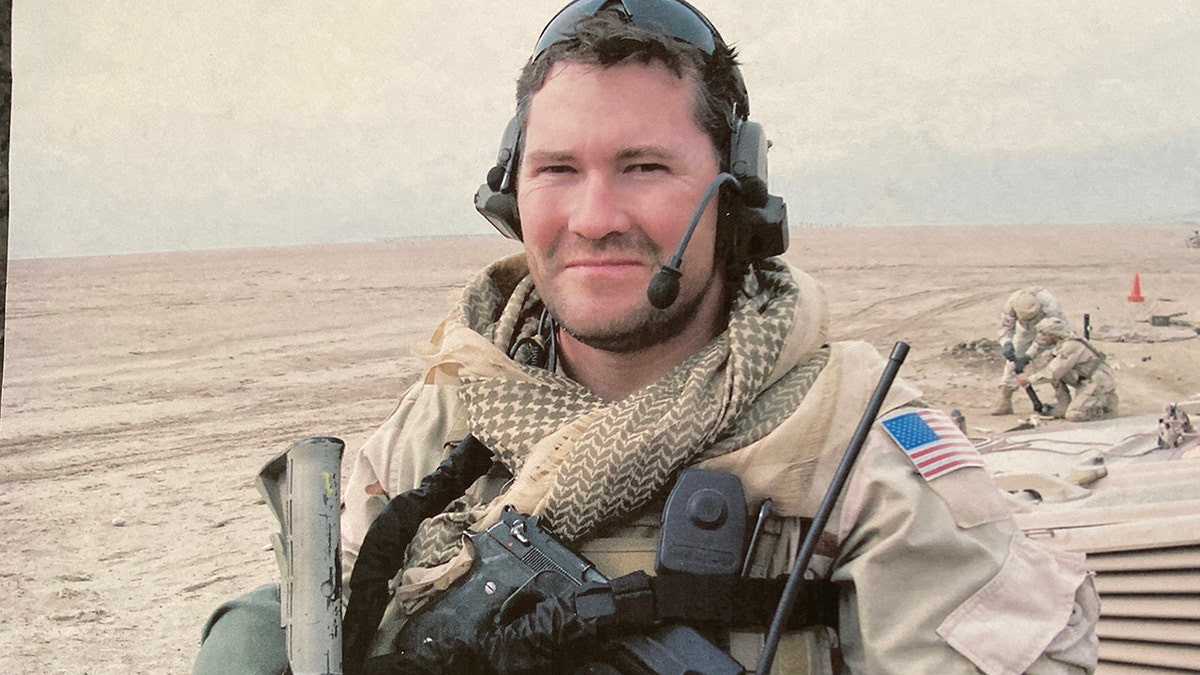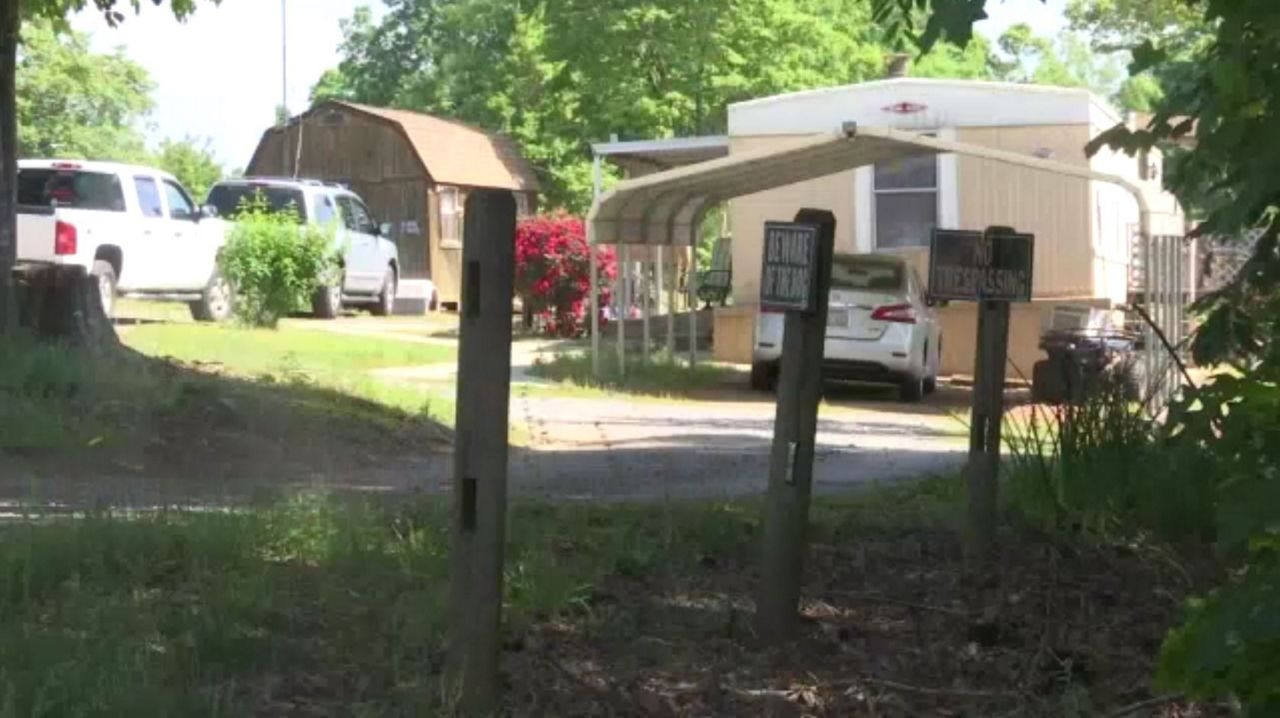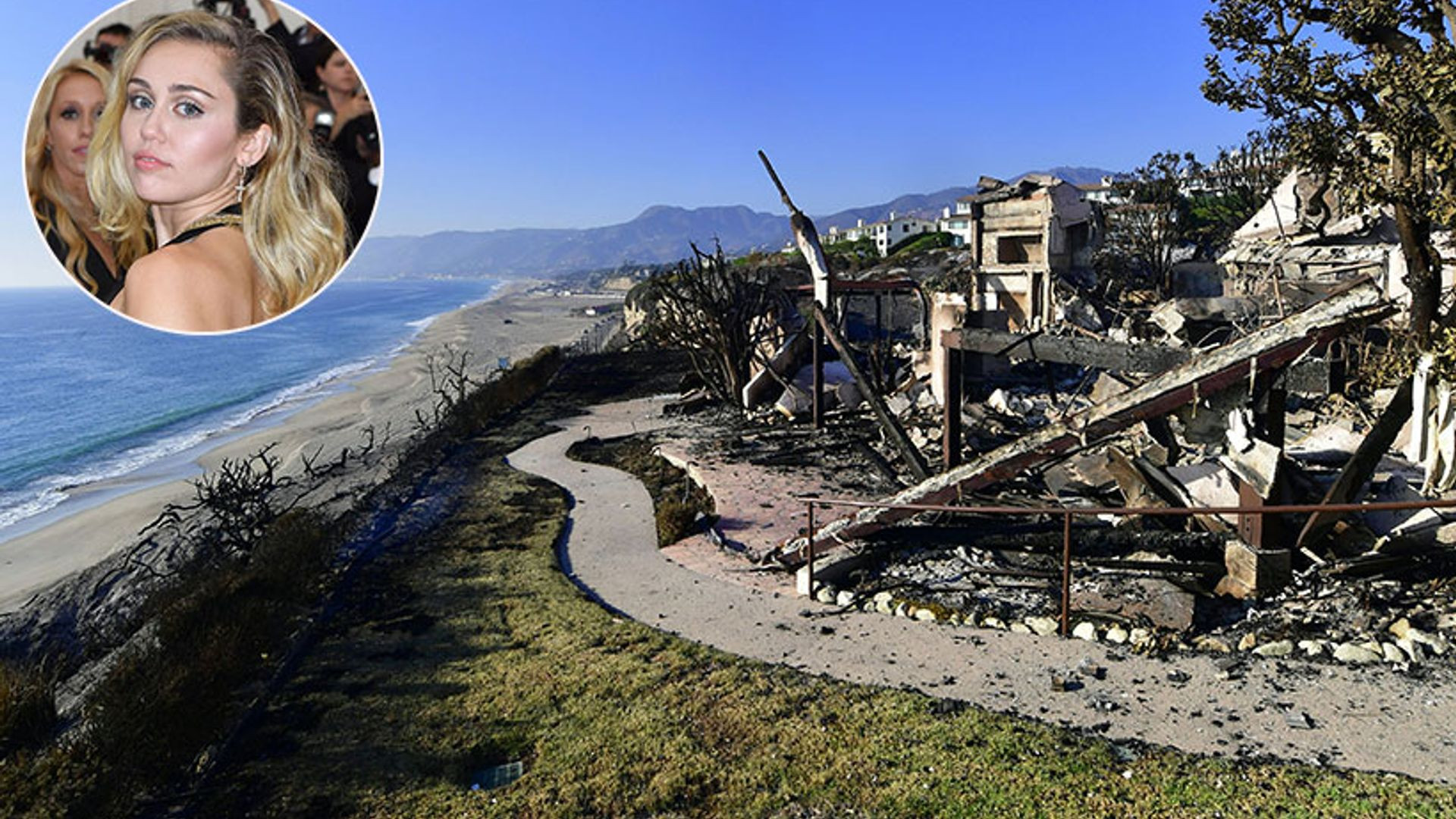President-elect Donald Trump plans to name Rep. Mike Waltz of Florida to serve as his national security adviser, according to a source familiar with the selection.
As national security adviser, Waltz would play an integral role in shaping U.S. policy on geopolitical conflicts ranging from the war in Ukraine to the war between Israel and Hamas in Gaza. The position is not a cabinet-level role, and thus would not require Senate confirmation.
Waltz, a former Army Green Beret, is a longtime Trump ally who has established himself as a leading critic of China in Congress. Since winning his seat in 2018, he has championed legislation to reduce U.S. reliance on critical minerals from China and safeguard American colleges and universities from Chinese espionage.
A China Hawk and Trump Loyalists
A third-term congressman, Waltz would come to the role after having served on the House committees that cover the military intelligence agencies and foreign affairs. He has also served on the House task force looking into the assassination attempts against Trump during the 2024 campaign.
Waltz is a combat-decorated Green Beret and a former White House and Pentagon policy adviser. He was first elected in 2018, replacing the Republican Ron DeSantis, who ran for governor, in Florida’s sixth congressional district. He has been a sharp critic of the chaotic U.S. withdrawal from Afghanistan and has called on the U.S. to hold accountable those who bear responsibility for the deaths of the 13 U.S. service members at Abbey Gate and for “thousands of Americans and allies behind enemy lines.”
Waltz has consistently expressed the need for protecting the Afghan people, saying that US “soldiers will have to go back”. Government reports have stated that US nation-building efforts resulted in the deaths of more than 48,000 civilians and 66,000 Afghan police and military, and widespread torture.
A New Chapter for Defense
Waltz rise to the national security adviser post could also usher in a new chapter in the relationship between the Pentagon and Silicon Valley. Speaking to NPR after the election, Waltz said the nation needed “a culture change in how we approach our defense establishment, on how we buy things within the Pentagon.”
“There is a whole slew of new technologies from Silicon Valley and elsewhere that are really chomping at the bit to help with our defense and security issues, and they can't break through the bureaucracy,” Waltz said. “So I think we do need new leadership. We need a culture change.”
Waltz’s Views on Ukraine
In an interview with NPR ahead of the election last week, Waltz said he believed it was “perfectly reasonable” that the war in Ukraine could end with “some type of diplomatic resolution.”
Waltz, 50, suggested the U.S. would have leverage over Russian President Vladimir Putin in any potential negotiations by both enforcing energy sanctions and ramping up U.S. energy exports.
“His economy and his war machine will dry up very quickly,” Waltz said. “I think that will get Putin to the table,” he added. “We have leverage, like taking the handcuffs off of the long-range weapons we provided Ukraine as well.”
On Ukraine, Waltz has said his views have evolved. After Russia’s 2022 invasion of Ukraine, he called for the Biden administration to provide more weapons to Kyiv to help them push back Russian forces. But during an event last month, Waltz said there had to be a reassessment of the United States’ aims in Ukraine. “Is it in America’s interest, are we going to put in the time, the treasure, the resources that we need in the Pacific right now badly?” Waltz asked.
A New Foreign Policy Direction
Waltz’s selection may be seen as a blow in the debate over a renewed Trump “America First” agenda that’s pitting his party’s national security hawks against its isolationist wing. A former Bush White House policy staffer, Waltz would likely take on a foreign policy stance more akin to Trump’s former Secretary of State Mike Pompeo.
President-elect Donald Trump has reportedly decided to appoint the prominent China hawks Marco Rubio and Mike Waltz as his respective secretary of state and national security adviser. Rubio was arguably the most hawkish option on Trump’s shortlist for secretary of state, and he has in past years advocated for a muscular foreign policy with respect to America’s geopolitical foes, including China, Iran and Cuba.
Over the past several years the Florida senator has softened some of his stances to align more closely with Trump’s views. The president-elect accuses past US presidents of leading America into costly and futile wars and has pushed for a more restrained foreign policy.
While Rubio was far from the most isolationist option, his likely selection nonetheless underlines a broad shift in Republican foreign policy views under Trump. Once the party of hawks who advocated military intervention and a muscular foreign policy, most of Trump’s allies now preach restraint, particularly in Europe, where many Republicans complain US allies are not paying their fair share on defense.
The Role of the National Security Advisor
In the role, Waltz would have to navigate a number of geopolitical conflicts that Trump’s administration will assume as part of his second term, including the Ukraine-Russia and Israel-Hamas wars.
The offer from Trump, first reported by The Wall Street Journal, comes as the president-elect looks to fill high-powered roles in his incoming administration – from ‘border czar’ to EPA administrator and UN ambassador to attorney general – to enact his agenda.
The congressman would step into a position that hasn’t always resulted in the warmest relationships with Trump. The former president had fallings out with two of the men to previously hold the role: John Bolton and Retired Lt. Gen. H.R. McMaster, who have publicly criticized their former boss.
Those relationships have informed Trump’s choice this go-around, as he looks to reward those who have stood by him over the past two years and regret lingers over some of the top aides and Cabinet officials during his first term who tried to thwart his often-impulsive demands and desires.
The former president has suggested his national security team would be tasked with reassessing the United States’ posture toward Ukraine, Russia, the conflict in the Middle East, China and Iran.
Waltz’s Perspective on Immigration
“The most upset immigrant I’ve ever talked to is one that came legally, waited years, did everything they were supposed to, and then just watch a government — especially the Biden-Harris administration — turn a blind eye, as those — as they just break the law and skip the line,” he said. “And first and foremost is, of those that are upset, are the Afghans who are left behind, who were willing to fight and die with us and are still stuck over there.”
Asked whether he had talked with Trump about Afghans looking to enter the country, Waltz responded he had “quite some time ago, in the wake of the Afghanistan withdrawal, we talked about it.”
“Look again, it’s going to be about securing the border. It’s going to be about stopping the inflow, getting the worst of the worst out,” Waltz said.
“And then when we talk about these broader issues, especially, he was incredibly sympathetic to people literally falling off planes, they were so desperate to get out. And he certainly was sympathetic to those who are willing to fight and die for our soldiers.”
A New Era for the US Military
Waltz is an ardent Trump advocate who backed efforts to overturn the 2020 election. He is considered hawkish on China, and called for a U.S. boycott of the 2022 Winter Olympics in Beijing due to its involvement in the origin of COVID-19 and its ongoing mistreatment of the minority Muslim Uighur population.
In a statement last year, Waltz said that as head of the readiness subcommittee: “I am ready to get to work to better equip our military and turn our focus away from woke priorities and back to winning wars. Our national security depends on it.”
A graduate of Virginia Military Institute, Waltz was a Green Beret. He served in the active-duty Army for four years before moving to the Florida Guard. While in the Guard he did multiple combat tours in Afghanistan, the Middle East and Africa and was awarded four Bronze Stars, including two with valor.
He also worked in the Pentagon as a policy adviser when Donald Rumsfeld and Robert Gates were defense chiefs.
What Lies Ahead?
The nod came despite simmering concerns on Capitol Hill about Trump tapping members of the House, where the final tally is still uncertain and there are worries about pulling any GOP members from the chamber because that would force a new election to fill the empty seat. The person spoke on the condition of anonymity to discuss the matter before Trump made a formal announcement.
“President-Elect Trump will begin making decisions on who will serve in his second Administration soon,” said Karoline Leavitt, a spokesperson for the Trump transition. “Those decisions will be announced when they are made.”
Richard Goldberg, who served at the National Security Council during Trump’s first term, called Waltz an impressive pick whose background as an elite U.S. service member and experience on Capitol Hill will be of great value to Trump.
“With fires raging across the world right now, Waltz is well positioned to help the President put out those fires,” said Goldberg, who is now a senior adviser at the Foundation for Defense of Democracies in Washington.
“Disruptors are often not nice … frankly our national security establishment and certainly a lot of people that are dug into bad old habits in the Pentagon need that disruption,” Waltz said during an event earlier this year.
“Donald Trump is that disruptor,” he said.
Waltz’s selection was first reported by the Wall Street Journal.

















